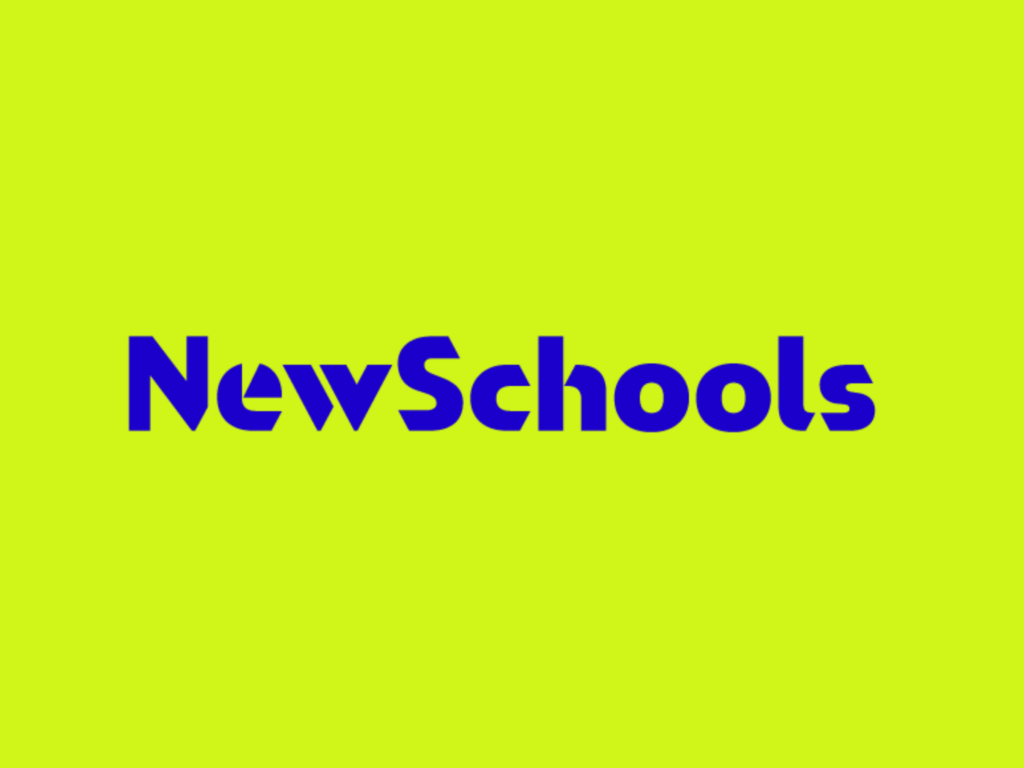It’s exciting to see 45 states voluntarily adopting common college and career ready expectations for students — it makes the U.S. globally competitive, is embraced by teachers, and is unleashing an avalanche of innovation.
The new Common Core State Standards give all students a shot at college and family wage jobs. They are a big improvement over the hodgepodge of expectations developed state by state.
Unlike other efforts, the Common Core goes to the heart of what educators do every day, and the theme of “fewer, deeper, clearer” expectations really strikes a chord with master teachers. This is why they got into the profession.
We are facing a real challenge, however. For a number of reasons, the profession of teaching isn’t a very exciting one to enter into right now. The pay isn’t great, there’s a variety of new and unfamiliar accountability and evaluation policies coming on line, and with state budgets still wobbling, job security (for new teachers into particular) is no longer a guarantee. We want to raise the bar to entering teaching, but why would anyone talented go into the field?
Answer: impact, innovation, and entrepreneurship. Imagine if we empower teachers to truly be “design thinkers” who continually innovate in their instructional practice. We trust them with the freedom they crave to experiment and ideate around the best way to impart learning to the children in their care. And we offer the potential for translating success at scale.
The Common Core, in conjunction with digital resources, is the key to all of this. By creating clear expectations of what students should know, teachers know what they are aiming for — and can design accordingly. The lessons, tools, resources they develop can — for the first time — be shared with other educators across 45 states. It is a satisfying experience to impart knowledge to 30 children in your direct care. Imagine the satisfaction from helping 30 million.
Does this sound far fetched? Does this sound far fetched? Check out the nonprofit NewSchools Venture Fund portfolio. Educreations aims to maximize the reach and impact of great teachers by enabling them to create online video lessons that students can access anytime, anywhere. Engrade is a free set of web-based tools for educators allowing them to manage their classes online while providing parents and students with 24/7 real-time online access. Schoolzilla is a cloud-based data management platform for education practitioners built by the Aspire school network.
Foundations, nonprofits, and companies big and small are investing billions in new digital learning materials and tools that — for the first time — can be easily shared across state lines. Many of the smart young people graduating from the nation’s best universities want to work in education. Some join Teach for America, some start education technology companies, some get training from Education Pioneers and go to work in urban districts.
As a new paper illustrates, the new tools create the potential for schools that work better for teachers as well as students. Teachers are working in teams, personalizing student learning using data, and sharing resources and strategies with other teachers — in their school and around the country.
This is what entrepreneurship in education looks like. Do conservatives really want to be the party that stifles improvement and innovation? Does the labor left really want to undermine confidence that Common Core State Standards are here to stay by calling for moratoriums already?
Five years after release there are 775,000 apps for the iPhone. Similarly, the Common Core is giant platform for innovation for American education. The Common Core and the digital learning revolution are breaking down boundaries and improving the teaching profession. Most importantly, the Common Core is the promise of better education to the children of this country.
Parents, teachers, and particularly the education innovation community needs to speak up against the extreme right and left that would happily kill what is the most transformative education policy we’ve undertaken in past 30 years.
The rest of the high performing nations in the world have raised their standards, but — at least for now — the U.S. still remains the most innovative country in the world. The Common Core connects innovation to the classroom, to educators, to students and parents.
Disclosure: Tom Vander Ark is CEO of Getting Smart and a partner at Learn Capital, a venture capital firm that invests in educational technology.

